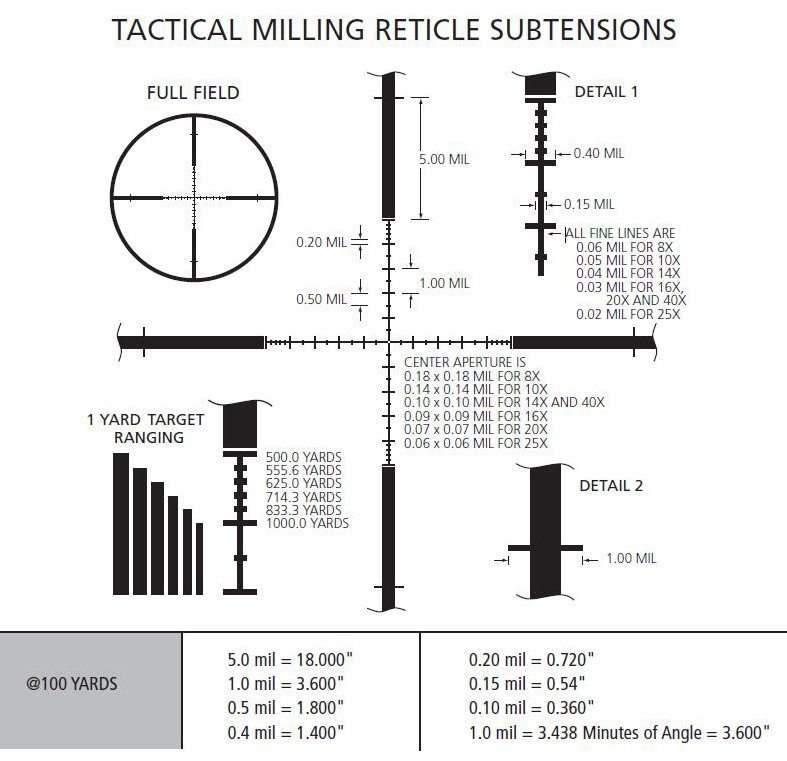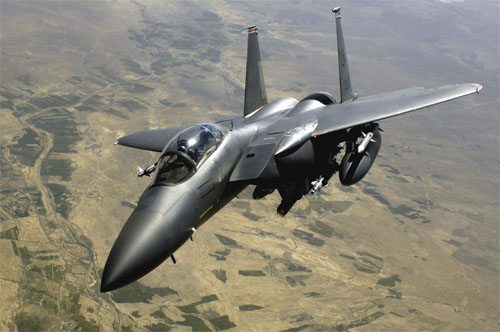,
BEIJING: A collapsing North Korea is a nightmare China hopes will never come true, as it could lead to military and political chaos on its doorstep, analysts said Thursday.
North Korea's declared nuclear test this week has highlighted an entire range of violent scenarios, one scarier than the other, and all with direct implications for China's national security, they said.
“China is opposed to any military action against North Korea,” said Cui Zhiying, director of the Center for Asia-Pacific Studies at Shanghai's Tongji University. “Peace and stability is our prime concern.”
Any abrupt, large-scale change on the Korean peninsula would go against China's overall strategy, which targets the stability required for a rapidly growing economy.
“China's priority is to keep a peaceful environment which will enable it to continue its peaceful development internally,” said Alexandre Y. Mansourov, a Korea expert at the Hawaii-based Asia Pacific Center for Security Studies.
“They don't want another Iraq or Afghanistan or Kosovo on their northeastern border,” he said.
Predictability is important for China in its dealings with the North Korean regime.
This is why it prefers to deal with Kim Jong-Il and his family, who have been allies for the past 60 years, Mansourov said.
“Let's say some rogue general in Pyongyang gets his hand on the nuclear button and the country itself splits into several warring mini-states competing for legitimacy and power and with access to nuclear weapons,” he said.
“That is really a nightmarish scenario which will breed a lot of instability and will be the cause for international intervention.”
Even if North Korea descends into anarchy in the short term, the likely long-term outcome would be for reunification under the pro-US South Korean government.
One possible implication — for the US military presence on the peninsula to move all the way to the Korean border — used to worry Beijing, but not so much anymore, according to some analysts.
“That fear has somewhat subsided because the Americans are now actually removing troops from South Korea even now,” said Yoichiro Sato, an expert on Northeast Asian diplomacy at the Asia Pacific Center for Security Studies.
“The overall improvement in US-China relations is also contributing to easing the Chinese fears,” he said.
The risk that a war in Korea would send massive flows of refugees across the border into China tends to be overstated, and probably does not figure high in deliberations in Beijing, according to analysts.
With a population of 1.3 billion, a few hundred thousands North Koreans would be “a drop in the bucket” for China, but the refugee stream may never even reach such a size, according to Mansourov.
“Recall the Korean War back in 1950s. The North Koreans did not escape into China in massive numbers. They would move into the hills,” he said.
“If hostilities were to break out in the North, most likely the populations would move into the hillside, rather than far away across the Yalu River (forming the western border with China).”
Ultimately, China would hate drastic change because peaceful development of the current status quo is a much more certain road towards greater influence on the peninsula.
This is especially so if Beijing can persuade Pyongyang to undertake cautious reform, said Ron Huisken, a senior fellow at the Australian National University's Strategic and Defence Studies Centre.
“Then in 10 or 20 years, it would be even more certain China would own them under their sphere of influence and the US and Japanese role would be diminished,” he said.
“If something cataclysmic were to happen, they would have a North Korea where Japan and the United States are big players, and they don't want that.









